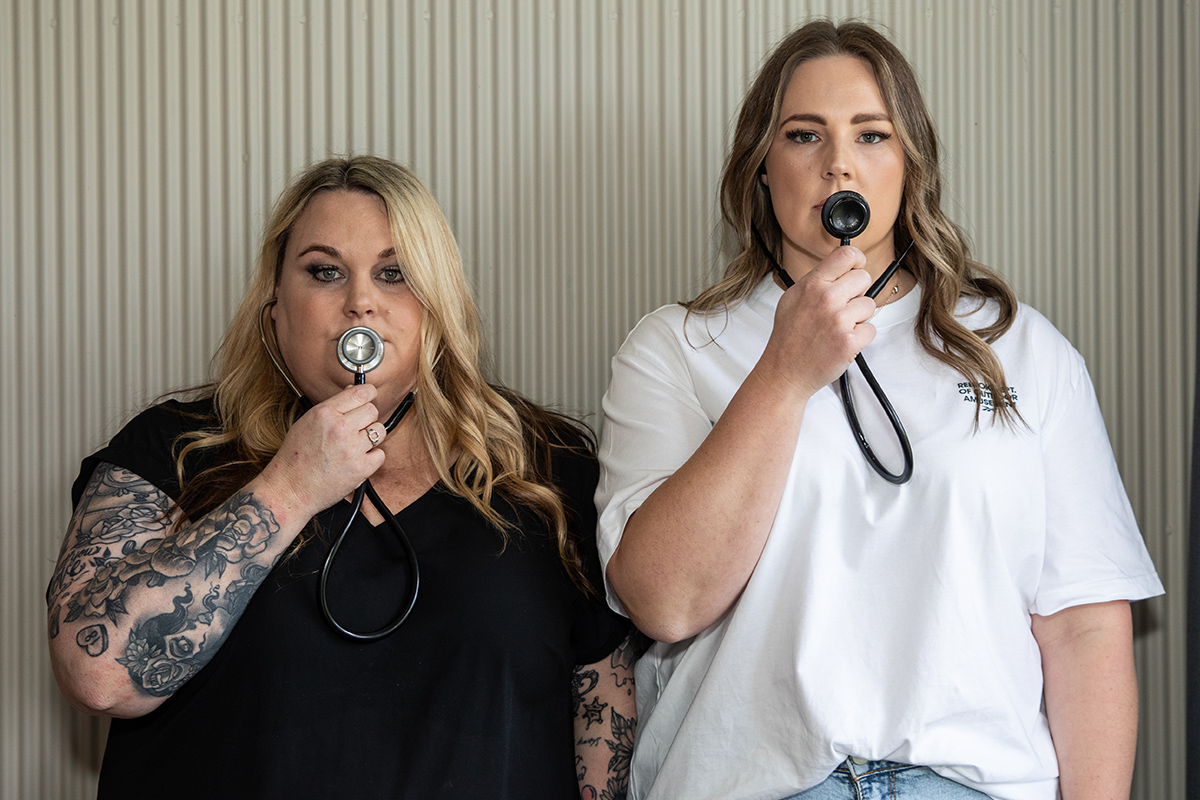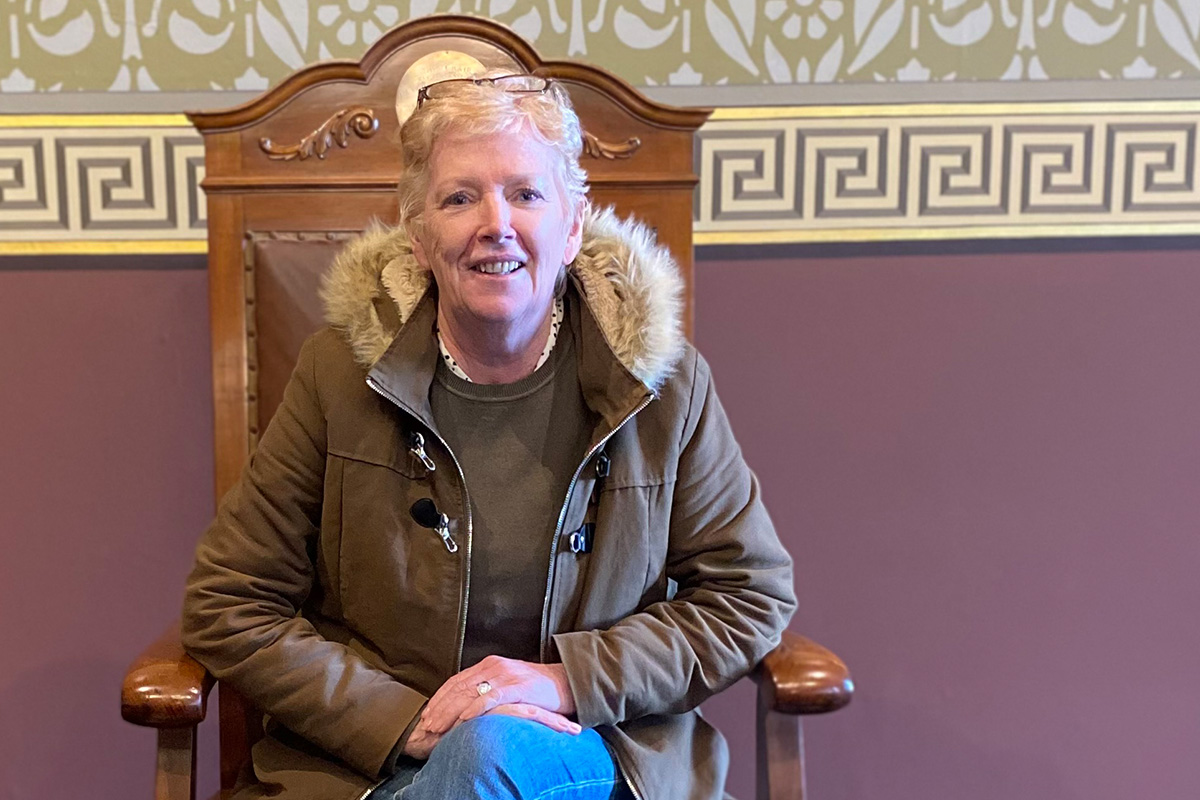
Mary-Anne Rushford
Mary-Anne Rushford remembers lunching with a friend when a man approached and asked them for money.
‘My friend just snapped at him and said: “Why don’t you go get a job?”
The friend received a rapid education in the causes of homelessness from Mary-Anne who manages the Homeless Persons Program at Bolton Clarke (formerly Royal District Nursing Service).
Facing judgement and aggression is a common occurrence for the homeless, and only adds to the mental health burden of not having the safety and security of a home.
Sadly, nurses are not immune from judging the homeless. Mary-Anne recalls spending days checking in on a man who was living in a carpark near her former workplace, CoHealth in Footscray.
The man was sleeping, surrounded by alcohol and vomit, when Mary-Anne first encountered him. She gently woke him, noticing he was severely jaundiced and had a massive ascites (build-up of fluid in the stomach due to liver damage).
Mary-Anne offered to take the man to the hospital but although he acknowledged needing help, the man said he would go and see his GP. Over a few days, Mary-Anne returned, repeating the offer and providing practical help in the form of a welfare card for food and a public transport card. When the man turned up at CoHealth asking for her, Mary-Anne dropped everything to take him to hospital.
But it was here that Mary-Anne encountered an individual’s disrespect. ‘The nurse said, in front of him, “He might have jaundice but he’s just an alcoholic”. True story.’
However with Mary-Anne’s advocacy, the patient was admitted and his ascites treated while the effects of detoxing from alcohol withdrawal were managed. The man also asked Mary-Anne to contact his sister, who was greatly relieved to know her brother’s whereabouts and that he was in good hands. Mary-Anne then found her client accommodation in a boarding house.
There is no fairytale ending to the story – the man later died of the effects of alcoholism. But at least his death took place in hospital with family around him, not alone in a carpark.
Working as a nurse with homeless people, particularly ‘rough sleepers’, is not easy work, Mary-Anne acknowledges.
‘You’re bearing witness to people’s absolute misery and despair but you also get to see their small successes and incredible resilience,’ Mary-Anne said. Nurses working in the field need to have their own solid store of resilience and capacity to self-care.
Mary-Anne started working with the Royal District Nursing Service in 1990 after a stint of community nursing during her training at Western General. She has been working in the Homeless Persons Program since 2001.
Many homeless clients have a mental illness, a drug or alcohol problem, a brain injury, or intellectual disability.
Increasing numbers of people are living on the street because of a lack of social housing and unaffordable private rental costs, Mary-Anne said. It has become harder for people to access the disability support pension and at $39 per day, Newstart – the welfare payment for the unemployed – has remained stagnant in real terms for 20 years.
Not surprisingly people who are homeless often have poor physical health, with many having chronic disease related to smoking, or drug and alcohol use.
‘They don’t have a regular GP, they fall through the gaps,’ Mary-Anne said. ‘If you meet a person and they say: “Look I don’t have any food”, their priority isn’t going to get to the doctor to see what this rash is, or to look at this wound on their foot, or something preventative.’
The demographic of homeless people has also changed within Mary-Anne’s time in the field; there are more younger people, refugees and international students.
‘Years and years ago, the idea of the homeless person was the little old man who liked a drink and a gamble on the horses, whereas that’s changed completely now,’ she said.
Mary-Anne urges ANMF members to not be afraid to say hello and engage with homeless people they see on the street.
‘They want to be treated with dignity and respect just like anybody else,’ she said.




